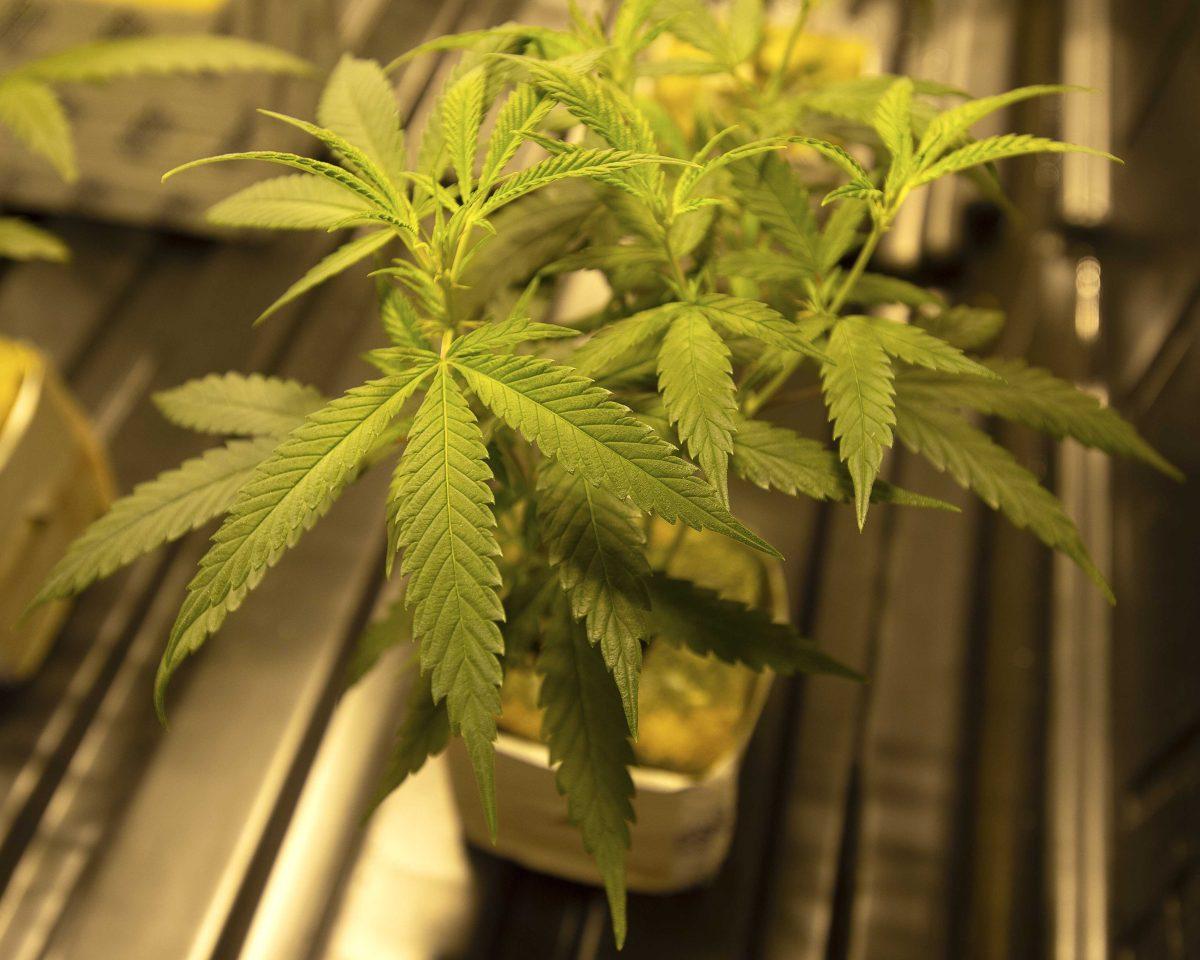Fifty-one years after President Richard Nixon declared a national War on Drugs, Louisianans are still bearing the consequences of his cruel initiative.
Criminalizing addiction and drug use contributed to Louisiana’s mounting prison population, which more than quadrupled in the last 40 years, according to the Louisiana ACLU. Louisiana has long been nicknamed the incarceration capital of the world, “[locking] up a higher percentage of its people than any democracy on earth,” said the Prison Policy Initiative.
Throwing people into cells for drug use is inhumane and flatly illogical. Imprisonment does nothing to address the root of addiction, nor is it effective in reducing drug use.
Portugal had some of the highest rates of drug use in Europe before decriminalizing all drugs and switching to a rehabilitative model in 2001. Since then, overdose deaths have dropped by 85%.
That success is possible in Louisiana, if only the state can let go of punity in favor of compassion.
The enforcement of Louisiana’s drug policies are markedly unequal. A 2020 Louisiana ACLU report found that, despite similar usage rates, Black residents were 3.4 times more likely to be arrested for marijuana offenses than white residents.
Another 2020 Louisiana ACLU report found that drug possession was the most common reason for pretrial detention in the state. Black Louisianans are more than twice as likely to be jailed pretrial and are detained 36% longer pretrial than white residents, according to the report.
Racial disparities are not a passive, unintended consequence of American drug policy, but foundational to their purpose. And if you don’t believe me, take it from one of the system’s architects.
“You want to know what this was really all about?” John Ehrlichman, Nixon’s domestic policy adviser, said. “The Nixon campaign in 1968, and the Nixon White House after that, had two enemies: the anti-war left and Black people. You understand what I’m saying? We knew we couldn’t make it illegal to be either against the war or Black, but by getting the public to associate the hippies with marijuana and Blacks with heroin, and then criminalizing both heavily, we could disrupt those communities.”
He added, “Did we know we were lying about the drugs? Of course we did.”
Thousands of Louisianans have been ravaged by a doctrine created with the express purpose to oppress. Precious time lost, families torn apart, life’s potential vanished – all in the name of political manipulation.
Half-a-century after Nixon’s racially-targeted, destructive campaign, Louisiana can shake the system that has harmed so many. A good place to start is by ending the heartless practice of locking up people for drugs.
Claire Sullivan is a 19-year-old coastal environmental science and political communication junior from CT.





